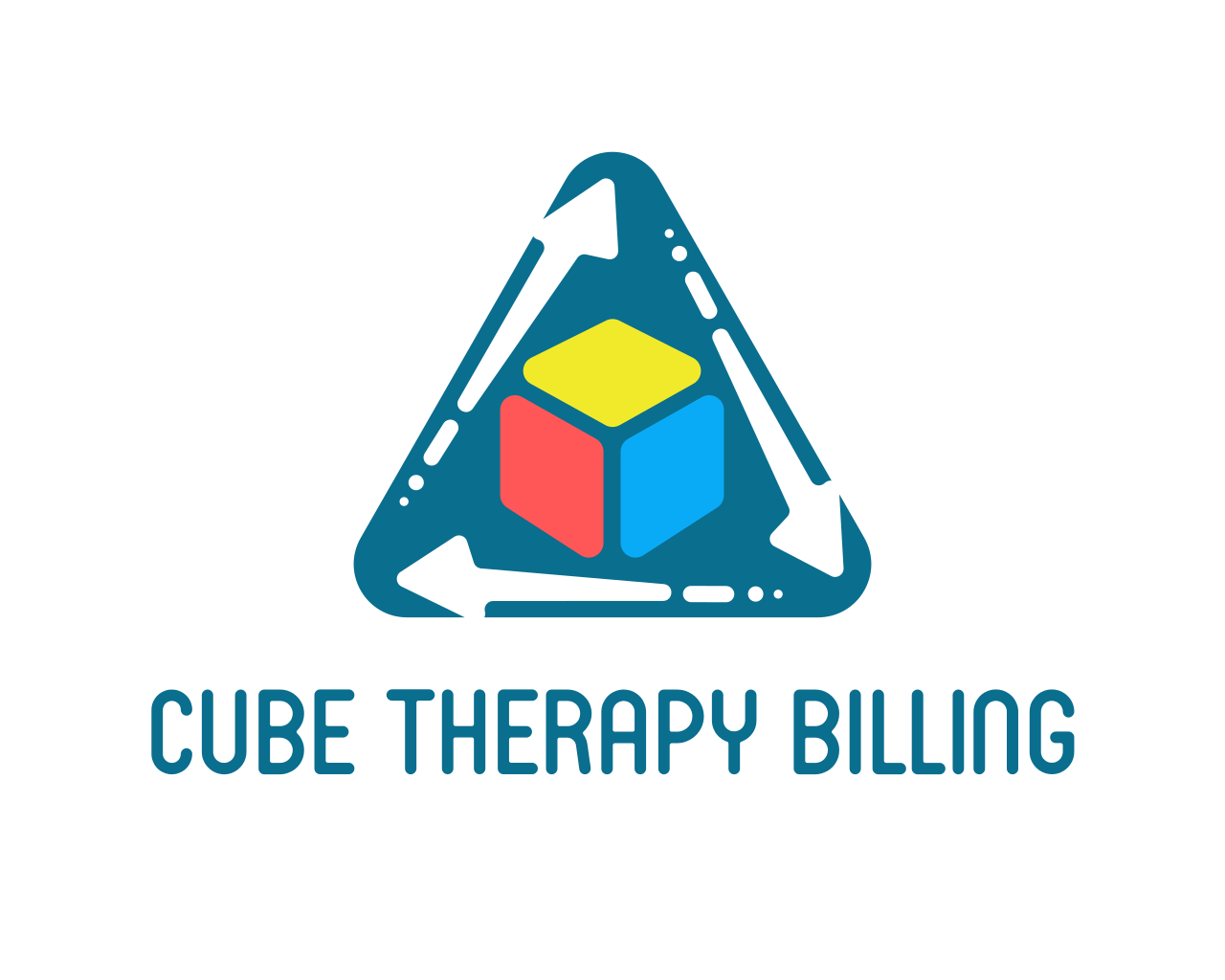ABA Codes - Medically Unlikely Edits (MUEs)
- Veronica Cruz
- Mar 16, 2021
- 4 min read
Updated: Jul 11, 2025

The ABA Coding Coalition advocates for policies and practices to ensure that billing codes for ABA services are implemented as intended by the code authors and in accordance with professional standards of care.
Members of the ABACC have been working with the Centers for Medicare and Medicaid Services (CMS) to establish appropriate medically unlikely edits (MUEs) for billing codes for adaptive behavior services. An MUE is the maximum number of units of service that a provider would report under most circumstances for a single beneficiary on a single date of service. MUEs are set by an agency contracted by CMS called the National Correct Coding Initiative (NCCI), and are intended to reduce the paid claims error rate for Medicare claims. Although third-party payers are not required to follow the MUEs established by CMS, many incorporate them in their claims processing systems and policies.
When the MUEs for the 2019 CPT® codes for adaptive behavior services were released in December 2018, the former steering committee for ABA services (described in the “About Us” section) asked CMS to revise several of the proposed MUEs. CMS agreed to most of those requests, but for code 97151, CMS changed the Medicaid MUE to 32 units (8 hours) per day and left the Medicare MUE for that code at 8 units (2 hours). CMS publishes only the Medicare MUEs on its website, and many payers use the Medicare MUEs. A copy of the December 13, 2018 letter from NCCI is available here. The table that follows represents the Medicare MUEs that were released on July 1, 2019, which can also be found at
Current Procedural Terminology (CPT) codes, descriptions, and other data only are copyrighted by the 2018 American Medical Association. All rights reserved.
CPT® is a registered trademark of the American Medical Association.
Applicable FARS\DFARS Restrictions Apply to Government Use.
Fee schedules, relative value units, conversion factors, and/or related components are not assigned by the AMA, are not part of CPT®, and the AMA is not recommending their use. The AMA does not directly or indirectly practice medicine or dispense medical services. The AMA assumes no liability for the data contained or not contained herein.

The ABACC submitted requests to CMS for additional changes in MUEs for the adaptive behavior services codes, specifically to make the Medicare MUE for code 97151 the same as the Medicaid MUE and to increase MUEs for codes 97154 and 97155. The CMS responded that because the code set is new, they declined to make further changes in the MUEs until more data on typical utilization of the codes are available. The ABACC plans to collect information from providers to support future requests for modifications in MUEs. Updates and additional resources on MUEs will be posted on this website; ABACC member organizations will also apprise their constituents via email and social media. Providers who wish to appeal denied claims based on MUEs should visit the CMS website for guidance, and be prepared to include in their appeal rationale and evidence that daily service units higher than the MUE are medically necessary for the client in question.
July 2020 Update – CMS publishes two separate MUE data files each quarter containing the MUEs for all healthcare billing codes, one for Medicare and one for Medicaid. These two data files sometimes provide discrepant MUE values for a given CPT code. For instance, for CPT code 97151 the current Medicare MUE is 8 units per day, whereas the Medicaid MUE is 32 units per day. Of these two MUE values, the one published by Medicaid is clearly the more appropriate MUE for the 97151 code.
Many payers adopt the Medicare MUEs, but because the vast majority of the patients served by ABA providers at this time are Medicaid rather than Medicare beneficiaries, the Medicaid MUEs are more appropriate for the CPT codes for adaptive-behavior (ABA) services. Therefore, the ABA Coding Coalition urges providers and payers to become familiar with and adopt the Medicaid MUE values assigned to the adaptive-behavior service codes. The current MUEs for a specific code can be found here by entering the code in the search box that says, “Find in this Dataset”. Our coalition will continue to advocate with CMS to increase Medicare MUEs for the adaptive-behavior-service codes that are overly restrictive, and we will provide updates regarding these MUEs as they become available.
December 2020 Update – After receiving reports from providers that many health plans are utilizing the Centers for Medicare & Medicaid (CMS) MEDICARE values for Medically Unlikely Edits (MUEs) to set per-patient per-day limitations on ABA services, the ABA Coding Coalition made a request of payers nationwide to utilize the CMS MEDICAID MUEs, which allows increased units of service for assessment code 97151 and destructive behavior code 0373T.
December 2020 Update – The ABA Coding Coalition successfully advocated with the National Correct Coding Initiative for several INCREASES to Medicare MUEs, which take effect on January 1, 2021! The increases are for the following codes:

The Coalition continues to advocate for increases to Medicare MUEs for 97151; however, we encourage providers to continue asking payers to use Medicaid MUEs, as noted in our update earlier this month. For more information on the 2021 MUEs, click here.
Thank you for exploring the benefits of Cube Therapy Billing! Ready to simplify your practice's billing process? Schedule a call with us today and experience seamless, hassle-free billing that lets you focus more on patient care and less on paperwork.
For more questions on MUEs, please reach out to info@cubetherapybilling.com
